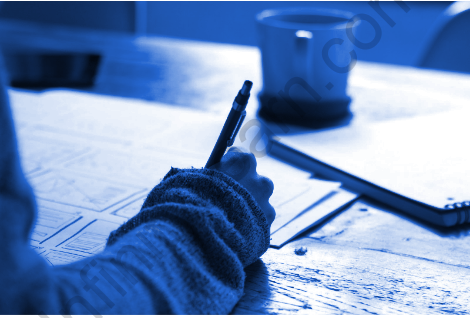Table of Contents

People have a nearly infinite ability to learn and improve. The human body can adapt to severe environments, and the brain can learn, adapt, and reinvent an endless world. Despite these skills, students are underutilizing one of their most fundamental abilities: learning. Many pupils are failing to learn as a result of the necessity for education to reconsider how students learn. This isn’t to argue that teachers have failed. If you’ve had the good fortune to observe instructors, you’ve undoubtedly come across a number of gifted individuals who mould minds like artists mould clay.
What is educational psychology?
The study of how individuals learn, including teaching methods, instructional processes, and individual learning characteristics, is referred to as educational psychology. The idea is to figure out how people pick up new knowledge and remember it.
Educational psychology is essential for various reasons:
1 Understanding the components and elements of a student’s life is the focus of educational psychology.
2 Psychological concepts are crucial in education because they lay the groundwork for learning.
3 The primary focus of educational psychology is on how children develop their ability to learn and to learn well.
4 It fosters a close relationship between student and instructor, encouraging students to treat teachers and other seniors with respect.
5 Rather than creating difficulties for themselves, children develop more problem-solving skills by studying psychology in school.
How to improve your learning efficiency?
The following are some strategies that can help you improve your memory:
1 Participating in regular physical activity, which has been linked to improved memory and brain health.
2 Spending time with others in a social setting
3 Get plenty of rest.
4 Distract yourself from unnecessary things so you can concentrate on what you’re learning.
5 Organize the facts you’re learning so it’s easier to recall.
6 When studying, use elaborative rehearsal by spending a few moments articulating anything new to yourself in your own words.
7 Photographs, graphs, and charts are used as visual aids.
8 Out loud, read the stuff you’re studying.
Tip for learning.
If you’re pressed for time, consider combining study strategies. Listen to podcasts while you’re taking a walk or join a group where you can practice your new skills with others.
Learn in different ways ;
One of the finest methods to learn is to concentrate on learning in multiple ways. Instead of just listening to a podcast, which is aural learning, find a way to learn visually which involves auditory learning, and find a way to rehearse the information both verbally and visually.
This could be telling a friend what you learned, taking notes, or drawing a mental map. You can further solidify knowledge in your mind by studying in multiple ways.
If you’re learning a new language, for example, try using a variety of strategies such as listening to language examples, reading written language, practicing with a friend, and taking notes.
Try penning your notes on paper rather than typing them on a laptop, iPad, or computer. Longhand notes, according to research, can help solidify information in memory more efficiently than computerized note-taking. 6
Revision
Varying your learning strategies and allowing yourself to study in a variety of ways and circumstances can help you grow as a person.
Many students study by reading textbooks, attending lectures, and conducting research at the library or online. While it is crucial to see information and write it down, putting new knowledge and abilities into practice can be one of the most effective strategies to improve learning.
Practical approach
Perform the activity on a regular basis if it’s a sport or athletic talent. If you’re learning a new language, communicate with someone else and immerse yourself in it. To improve your language skills, watch foreign-language movies and start up conversations with native speakers.
Incorrect approach
Educational psychology is flawed. Can you recall every college course you ever took? Are you able to recall the names of the instructors who led such classes? And, maybe most crucially, can you recall half or even a quarter of the material covered in those courses? The normal person’s mind is incapable of retaining all of that data. Some enlightened observers may even argue that what matters is the practice, application, and implementation of information rather than mindless memorizing. Correct — when people are actively involved in learning, they tend to remember more information. However, this insight only takes us halfway to the promised land of education.
The main flaw in education is its lack of relevance. Information is packed into presentation slides, books, and learning management systems in lessons.
FAQs
How has psychology improved education?
Psychologists that work in the field of education investigate how people learn and remember information. They apply psychological science to improve the learning process and promote educational success for all students.
Note down the reason behind students' failure?
Many pupils are failing to learn as a result of the necessity for education to reconsider how students learn. This isn't to argue that teachers have failed.
Q. How can we improve our learning efficiency?
Ans: Following are the ways through which u can upgrade your learning skills:
- Distract yourself from unnecessary things so you can concentrate on what you’re learning.
- Organize the facts you’re learning so it’s easier to recall.
- When studying, use elaborative rehearsal by spending a few moments articulating anything new to yourself in your own words.









